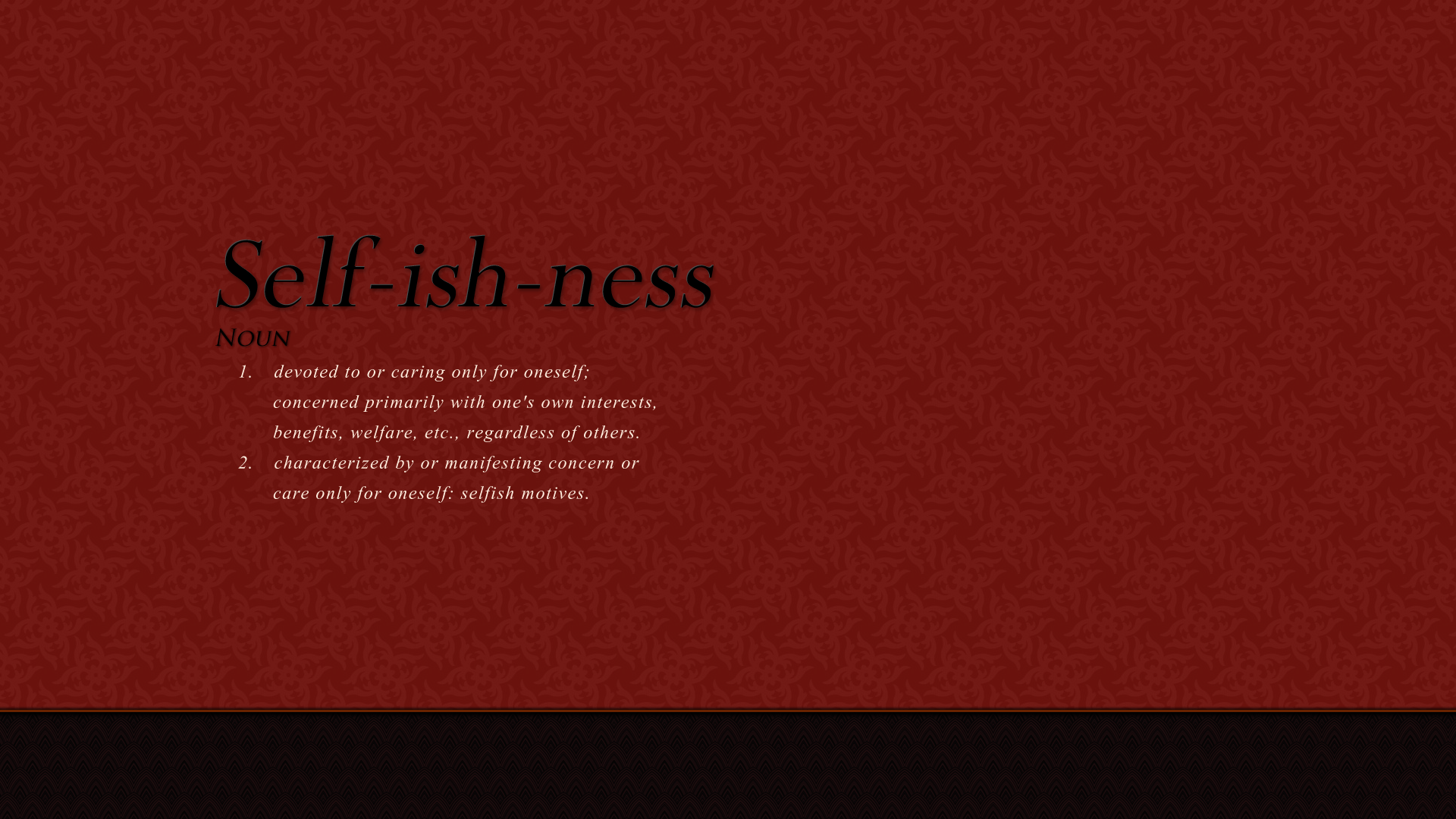Wars, hunger, revolutions, political parties, organisations, corporations, jobs (9-17 working hours), vacations (21 days per year). schools etc.
This is our world.
Jobs, houses, cars, vacations on sandy beaches and straw umbrella cocktails.
These are our valuables.
(really?)
Life, love, happiness, family, friends.
These are our real valuables.
Bare with me...
So we saw that society fails.
We as an Alzheimer society, cannot reach that utopia we dream about. But most importantly we all want.
We feel it, we know it can be better, but somehow we fail. We want peace, but we have wars, as if "somebody else" is doing this. We have riots and protests against governments to, basically, change the process to have a better life.
Yet, we keep changing governments and changing methodologies and wars and hunger still happen. Some countries do better than others, sure. Better wages, better quality of life. But still... it feels like trying to stop the waves in an ocean.
Let's go micro. You and me, we want to have a happy life, yet, an average person, works 8 hours a day, 1 hour lunch, 1 hour drive to and from work. 8 hours sleep. Which gives us 6 hours in total, to live. To appreciate life, to love, to be with our family and friends.
Is this what we worked so hard generations on end? Really? If you were to describe your best case scenario of living life, is this what you had in mind?
I'll go on a wild assumption here and say that most likely no, you don't see this as an ideal way to live your life ;)
So why is this still happening? Why are we wasting most of our lives doing stuff that is not in synch with our core deep down values?
Well...
Because we created false values. Work ethic, democracy, politics etc. these are emerged theories that are built on a population of creatures which still have the instinct to hunt, feed at all costs, kill, steal and... be free..
So why did we do it?
To survive! (or at least it all started from that)
I go to work to survive. It puts food on my table yes, but I also get to pay my mortgage, i have my car, i eat at my favorite restaurants and i'm able to buy straw umbrella cocktails on a sandy beach once a year.
We learn in school subjects that help us be a better "worker".
Remember that, not a better human being, but a better worker. So that you can get a job, that pays well enough to allow you to afford food, shelter, and the umbrella cocktail. And of course, to help society survive!
Our society evolved, just like mother nature evolves. You block a river, it will find a way to flow. You starve society, it will evolve into a form that will allow it to feed.
But this society is not mother nature, no, it's created by us, humans, and it didn't have enough time to evolve in that utopia we all dream of.
Because society as an artificial mother nature forces us to accumulate wisdom gathered throughout generations that pushed our technology to a level that ensures us a better life style. Life style.. LIFE STYLE not our core needs and values. You don't really love your sofa, or your microwave. You love your family.
But you see, loving your sofa is a byproduct of society's mechanism to keep us alive.
Sounds weird right?
Society was formed to help humans survive better. We grow food, we created a place for everyone when money was invented, so that you can have access to everything through money. Even tho you sell sofas, you can buy food for your family.
So you can basically eat, because you have money from selling sofas. But you need to make that sofa worth selling. So.. do you love your sofa?
No man, you love your family!
These are society's values but not human values.
It's our own society's values that drives the wars.
We fight each other for resources, land, wealth. All of which drove at some point the survivability of a country. If you ask any person, if they need a war, they will say no! We're just human, but the values and core living gears in our society have nothing to do with our human values.
Because one is artificially created, a plastic mother nature and the other is real. Our real feels and our real lives.
Putting extra hours at work will not give you more time with your family!
It is a plastic faith, we've created, to survive.
Ok, but then.. what is real?
The subjective aspect of life.
It's not the car you drive, the money you make, etc. It's what you feel. Our whole society is based on survival, and none on the spirit, or inner self or your soul or your emotions (call it however you like).
There isn't a class in school that teaches you how to look at a painting. Or how to listen to a song.
Our courses are on materials that are critical to human existence from a survival point. When we notice this, we start working harder so that "my kid will have a better life". Does the phrase: "go outside, live your life! you're young!" ring a bell? I bet it does, your standard parent advice. Because they've realized that after you will grow up, you will work your entire life.
The thing is, we learn these things to survive. We cannot afford to have our school years wasted on nonsense, expanding our philosophy, because you'll wake up at 30 and you will starve!
So now you see.. we all hope for a better future, where we are happy. But we learn how to survive, not how to be happy (or.. how to be human?)
You learn English so you can communicate better. You learn math so you can build bridges that help society deliver food and other people to their jobs that ensure our house warming, our garbage collection.
We're so focused on survivability that we absolutely denied our necessity for .. happiness. We advertise our umbrella cocktails because it's a deliverable of the society's program. But society can't sell you your joy of being with your family and friends.
I'll give you a couple of examples.
Let's say i lose my job. I lose my job and i'm devastated. And i tell you guys that i'm devastated, thati can't pay my mortgage that i lose my car and my home, that i work a shit ass job barely surviving. Would you be sympathetic ? maybe.. maybe just a little though. In the end, i can do better, i can pick myself up, i can start again, it's not the end of the world. is it? I lost some of the artificial values created, i just lost my umbrella cocktail, not my parents right?
So let's say that a loved one dies. Would you be symphatetic?
It doesn't matter what job you have, what field you work on, if you eat or not tonight. We all know, that losing someone is a tragedy. Because it's driven by our core human nature. It's a core value of being human. It's not about having a car that makes you human, its your emotions.
And this my friends it's what life is all about (well to me..). And if we ever build an utopia it has to be built around this. A government that is not built on wealth and money but on these type of values.. (need a word here)
Let me put it this way, if survivability will no longer be an issue, we can evolve "naturally' in an utopia. By naturally is by following our instincts and our human-nature and we will shape our artificial society by values that are share between us all and we all strive for.
The ants are awesome. They live short lives, gather food, create a nest for their queen. There is no revolution among them. Because their queen is their core nature given value, which they follow blindly and are happy to follow.
Our world has almost always had wars, and always was looking for utopia, but we never reached it because we never had a common goal. Religion tried that and did quite a good job, up to the point where multiple religions showed up and some were contradictory, and "the book" never got a v2.0
Religion is focusing on the spirit. This is why it's so easily understood. If take a leap of faith here and we go past the "magic" it's something worth living for (or dying for even for some people).
I myself i'm an atheist, sometime i really envy religious people because they share that common goal.
Coming back to my point, it's the core of the humans, the spirituality that we all have, yet we never expand on, due to the factors mentioned above, that is our core common value.
I believe that a society built on these type of values will prevail. Where there is no room for corruption, as happiness is a one-way street. When you have shelter, food and no aim for constant plastic wealth, we'll probably work together in the world.
But we are mortals.. and we have Alzheimer, and we just can't get into that point where survivability is not an issue anymore. And we keep propagating these artificial values to our future generations, because we need to live. And until we fix that, we won't see our spirituality, our core value, our ant queen.
There is an ant queen for humans, make no mistake. We just don't have time to praise it.
Peace.




























